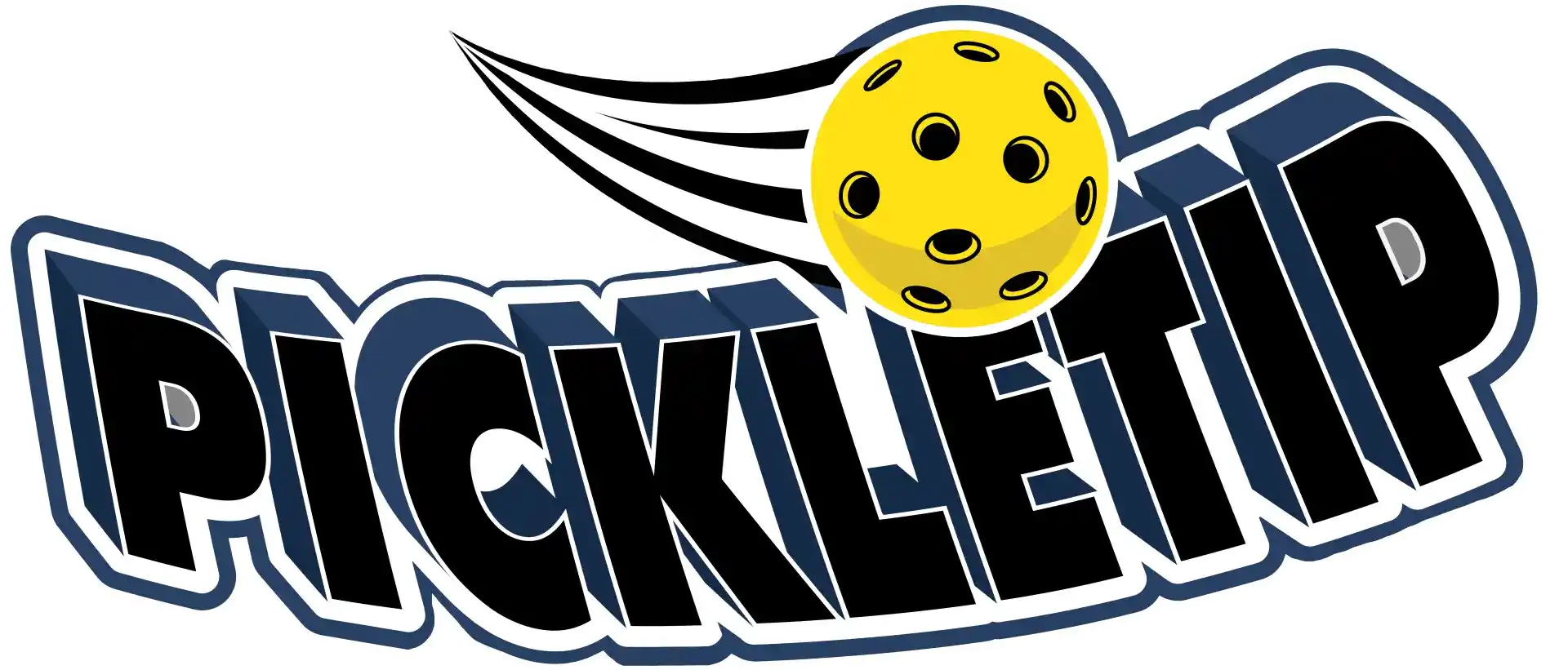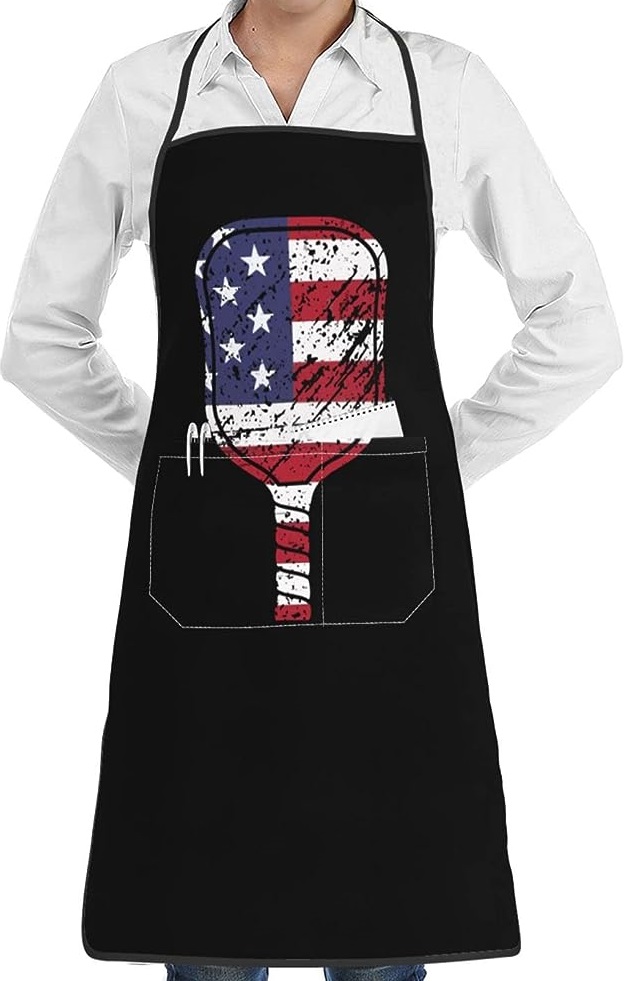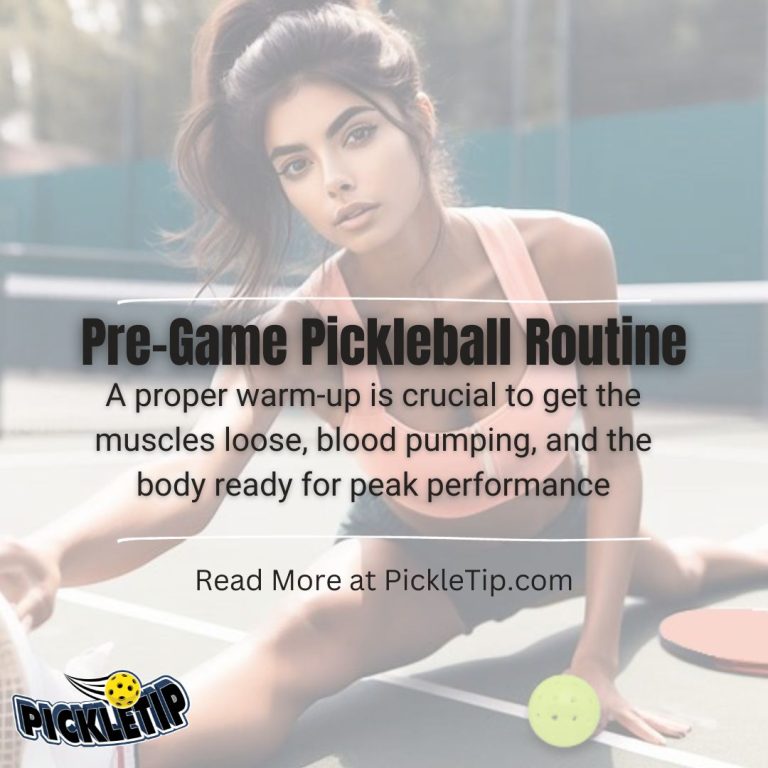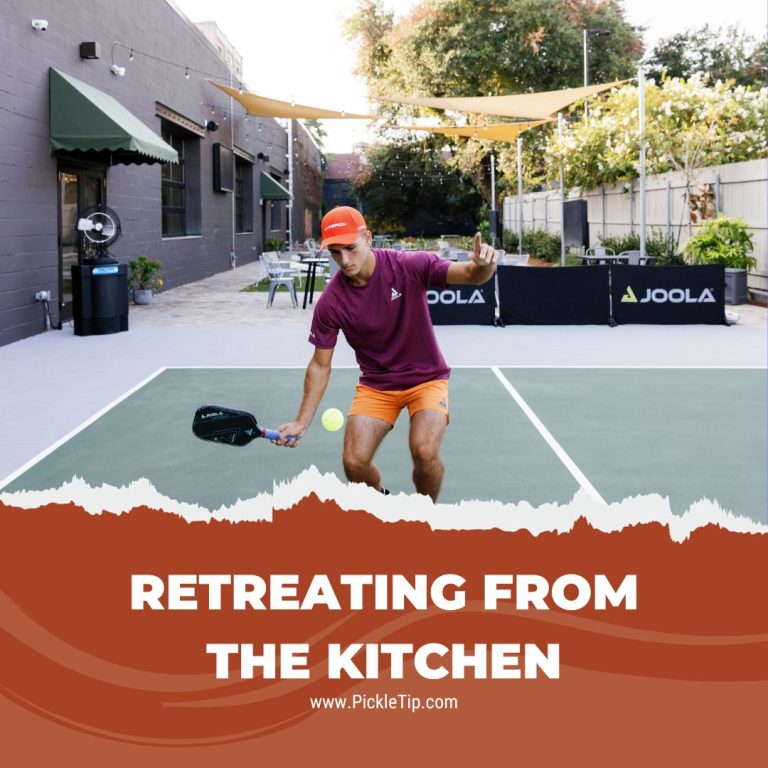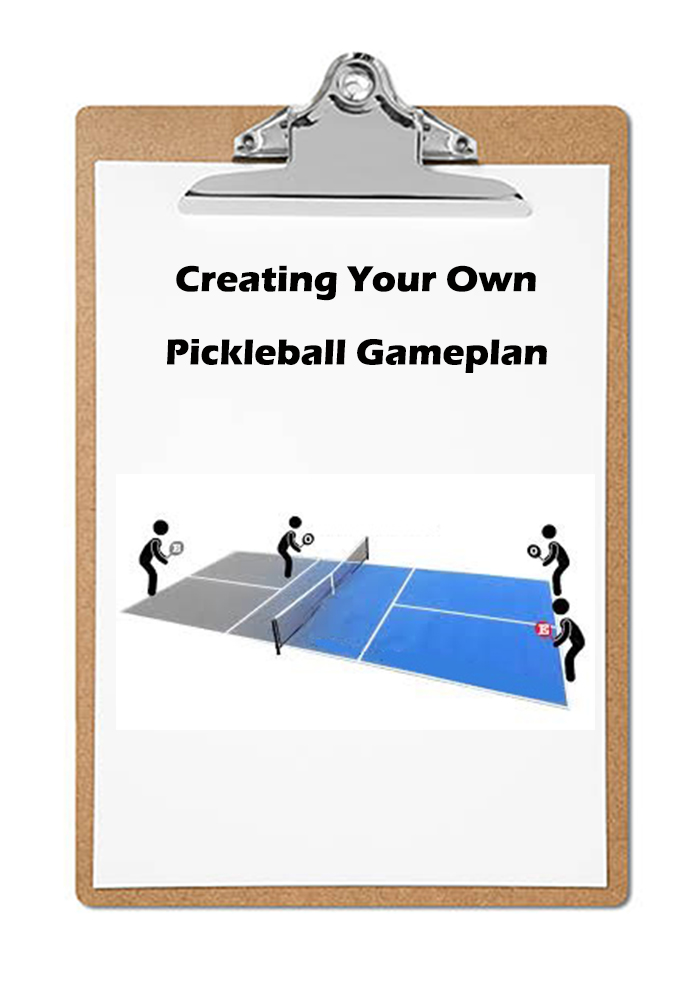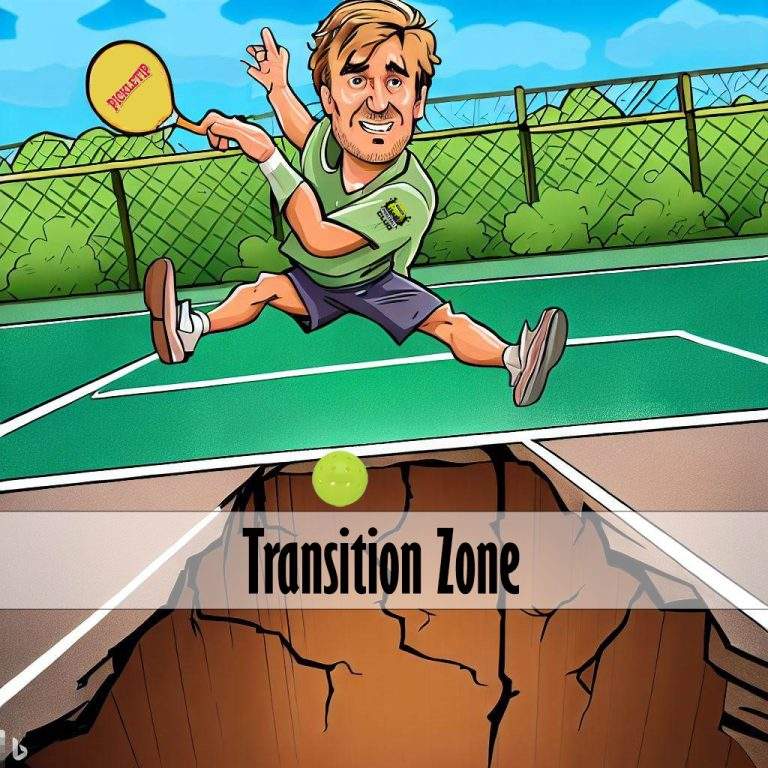Mastering the Art of Pickleball: Be the Chef, Not the Menu
Be the Chef, And Respect The Kitchen
Understanding the Ingredients
Just as a chef needs to understand the properties of each ingredient they use, a pickleball player needs to understand the strengths and weaknesses of each shot they have in their arsenal. This includes understanding when and how to use each shot to their advantage.
Creating a Recipe
A chef doesn’t just throw ingredients together randomly; they follow a recipe. Similarly, a pickleball player needs to have a game plan. This involves understanding how to construct points, how to set up your opponent, and how to capitalize on their weaknesses.
Adapting to the Situation
A good chef can adapt their recipe based on what ingredients are available, who they’re cooking for, and other factors. Similarly, a good pickleball player can adapt their game plan based on their opponent’s strengths and weaknesses, the conditions of the game, and their own physical and mental state.
Mastering the Techniques
A chef needs to master a variety of cooking techniques to execute their recipes effectively. Similarly, a pickleball player needs to master a variety of shots and strategies to execute their game plan effectively.
Experimenting and Innovating
A great chef is always experimenting with new ingredients and techniques, always looking for ways to improve their dishes. Similarly, a great pickleball player is always experimenting with new shots and strategies, always looking for ways to improve their game.
Serving with Style
Finally, a chef doesn’t just cook food; they present it in a way that enhances the dining experience. Similarly, a pickleball player doesn’t just hit shots; they play in a way that is enjoyable to watch and challenging for their opponents.
Great Collaborations
Just as a chef often works with a team, collaborating with sous chefs, pastry chefs, and others, a pickleball player must often work in a doubles pair, developing a good understanding and coordination with their partner. This entails good communication, understanding each other’s strengths and weaknesses, and working together to construct points and keep opponents guessing.
Emotional Balance
Chefs, especially in high-pressure environments, need to maintain emotional balance, handling the stress that comes with their profession. Similarly, a pickleball player must learn to handle the pressure, keeping their emotions in check during tense moments of the game. This emotional balance is key in making effective decisions under pressure, adapting to changing game situations, and ultimately becoming successful.
Patience and Perseverance
Creating a gourmet dish requires a lot of patience and perseverance, as does excelling at pickleball. Both a chef and a player may face failures, unexpected problems, and tough days. However, it’s crucial to keep striving for improvement, learning from mistakes, and persisting despite setbacks.
Education and Learning
A good chef is always learning – new cooking techniques, recipes, the science of ingredients. They go to culinary school, attend workshops, read cookbooks, and constantly strive to hone their craft. Similarly, a pickleball player should always be in the process of learning – new strategies, shot techniques, footwork, the physics of the ball, etc. They take lessons, attend clinics, watch other players, read about the game, and are always eager to learn more and improve.
In the end, the journey of a pickleball player is very much like that of a chef. It’s not about just learning a bunch of shots (or cooking techniques), it’s about learning how to use these tools to construct points (or dishes) creatively and effectively. It’s about continuously learning, adapting, experimenting, and improving. And most importantly, it’s about enjoying the process, savoring the victories, and learning from the defeats, much like a chef savors a well-cooked dish and learns from a recipe that didn’t turn out as planned.
